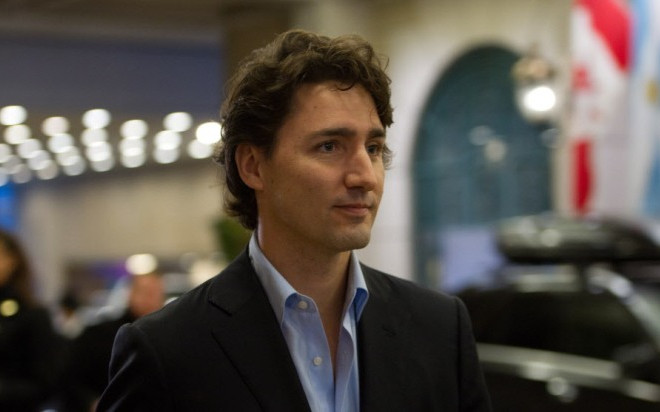Just as Alberta excitedly awaited the Calgary Stampeders’ weekend Grey Cup appearance, the Liberal Party of Canada was doing something far too common for a “natural governing party”—shooting itself in the foot by alienating the West.
It began with a poorly worded tirade by David McGuinty—brother of Ontario Liberal premier Dalton McGuinty—who told Alberta Conservatives to either “take a national view” on energy and the oil sands, or “go back to Alberta” and resign as Parliamentarians.
He subsequently resigned as energy and natural resources critic and forced interim chief Bob Rae to appear before the House of Commons, tail firmly between his legs, to apologize on behalf of the entire Liberal caucus. If this were not bad enough, the statements came in the middle of a hotly contested byelection in Calgary Centre, where the Liberals may have thrown away a potential victory in a traditionally Tory riding.
But this was only the half-way mark in a week that should prompt a long, hard bout of introspection for the Grits.
By the end of last week, Conservatives had unearthed a disastrous 2010 video of Liberal leadership front-runner Justin Trudeau saying that “Canada isn’t doing well right now because its Albertans who control our collective socio-democratic agenda,” and “This country, Canada, belongs to us (Quebecers).” For good measure, he added the only good prime ministers have been prime ministers from Quebec.
These categorically stupid comments are bolstered by what he told a radio interviewer earlier this year: “…if I ever believed Canada was really the Canada of Stephen Harper…and we were going backward in 10,000 different ways, maybe I’d think of wanting to make Quebec a country.”
McGuinty and Trudeau’s statements have nothing to do with formal Liberal Party policy. But they do legitimize popular negative conceptions of the party in Alberta and across the Prairies, which is just as damaging.
The Liberals should realize that, as dumb as last week’s comments were, their impact would have been far more muted if they had come from members of a party that actually speaks for the West.
For all the flak NDP leader Thomas Mulcair received over his “Dutch disease” comments in relation to the energy sector, Westerners (and Albertans) understood he was expressing a policy position that he intends to implement as prime minister. Similarly, no matter how unbalanced and unreasonable the Tories’ Big Oil cheer-leading may be, they do have something to say.
In comparison, the Liberals vaguely assert the oil sands should be developed—but in a more sustainable way. They have no real stake in the debate around natural resources development—most of which is taking place on the Prairies—and so comments like “go back to Alberta” are amplified within an already divisive country.
Many Prairie people conceive the federal Liberal Party as an arrogant, elitist and barely democratic political institution that speaks solely for Ontario, Quebec and Atlantic Canada. This isn’t too far from the truth, and it grows abundantly clear every time a Liberal celebrity talks down to Albertans or waxes poetic about Quebec’s moral and intellectual superiority.
As for the Liberals’ culture of arrogance and slimy politicking, look no further than their last three leaders (as well as their current leadership front-runner).
Paul Martin worked around the clock to oust Jean Chretien in the middle of a massive scandal—and then proceeded, after a barely competitive leadership race, to purge the party of any substantive public policy vision. Stephane Dion, no matter how intelligent and personally honourable, won the party’s leadership through backroom deals at the Liberals’ 2006 delegated convention and then attempted to wrest power from an Alberta-based party through a partnership with Quebec separatists in 2008. Michael Ignatieff came to Canada after a 30-year absence only to have a nomination vote rigged in his favour, run in a leadership race after virtually no political experience and subsequently become the acclaimed/coronated leader of the party in 2009.
And, finally, Justin Trudeau—a handsome high school teacher with a famous last name—now faces a similar fate as the next automatic Liberal savior.
With their provincial counterparts struggling in Canada’s three largest provinces, the future of the Liberal Party is uncertain across the country.
But they are certainly dead on the Prairies.
___
Ethan Cabel writes for the Spectator Tribune.
Follow us on Twitter: @SpectatorTrib
